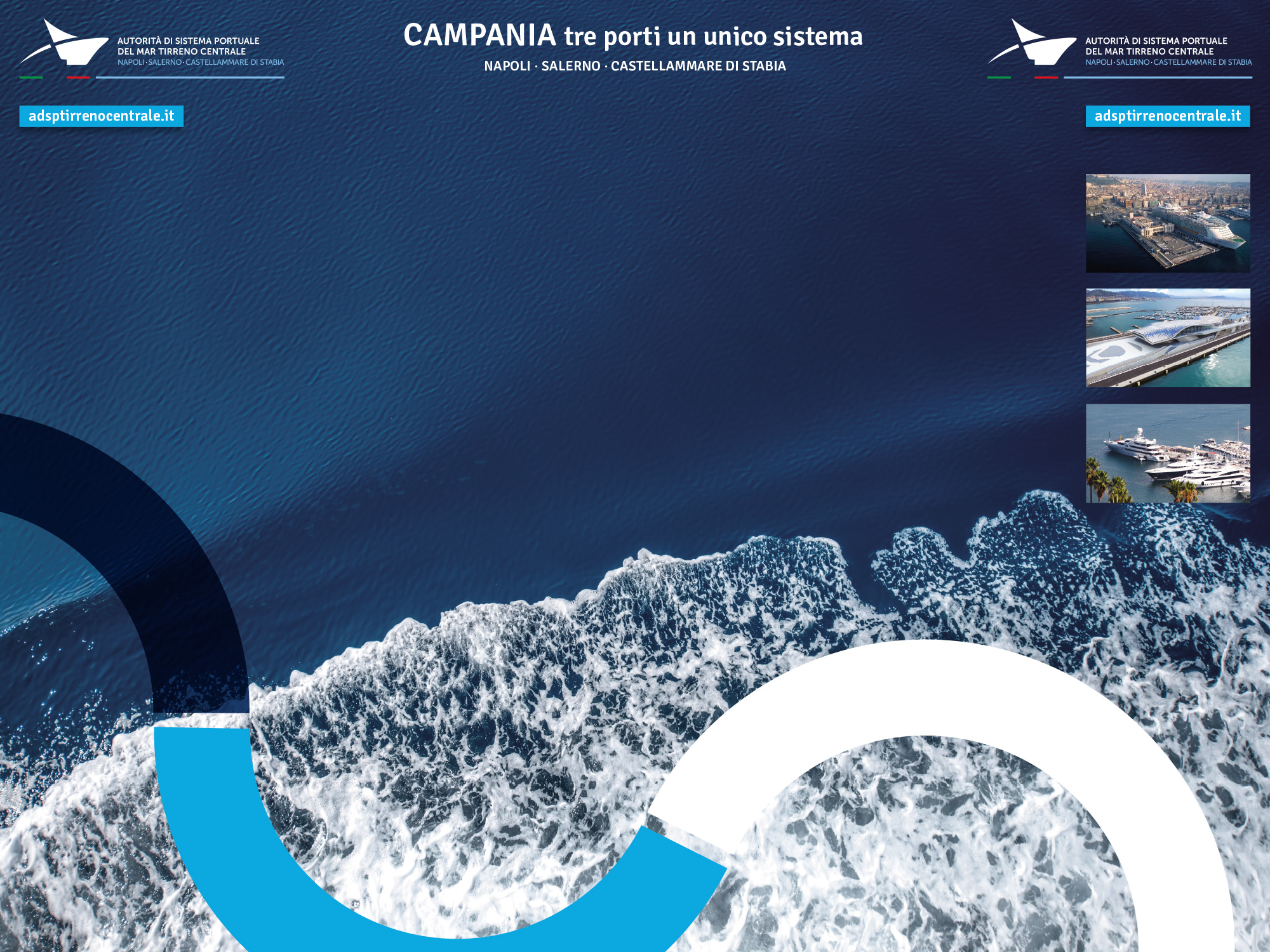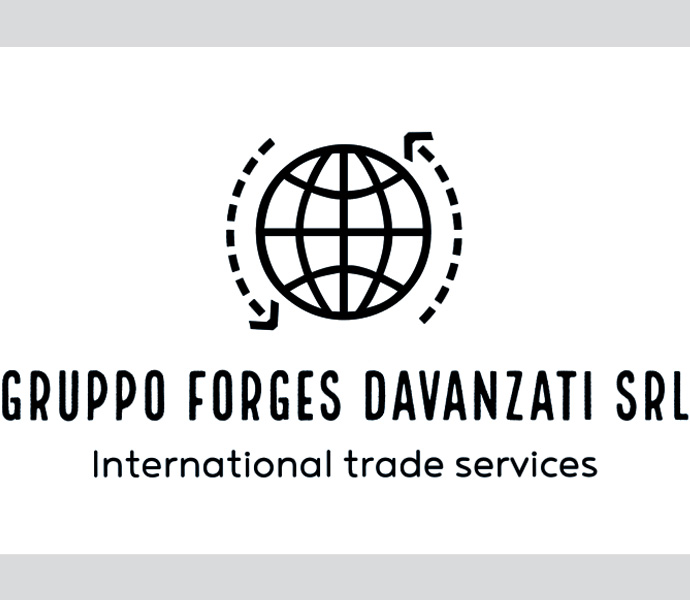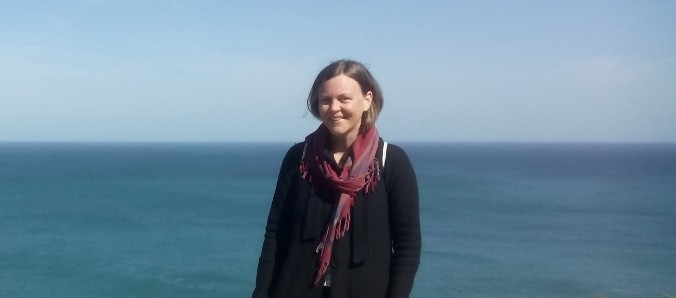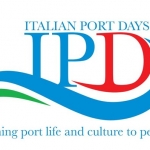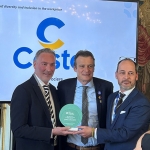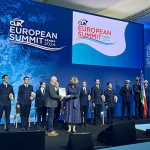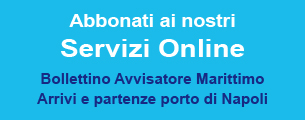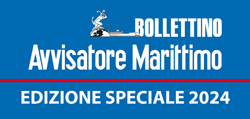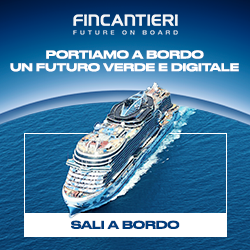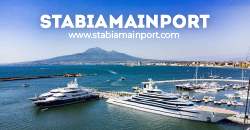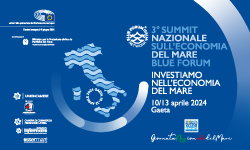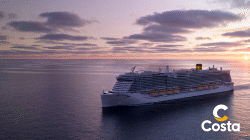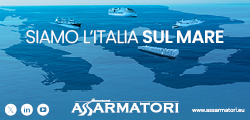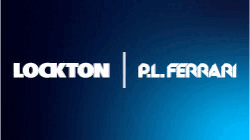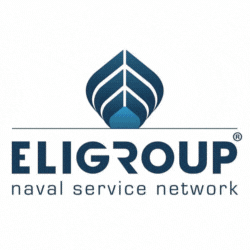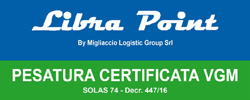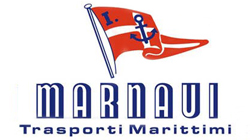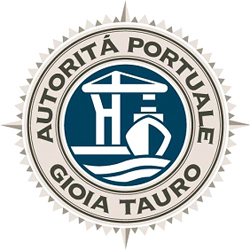di Marco Molino
Le vediamo piccoline all'orizzonte, o imponenti ormeggiate nei porti. E sempre le navi sono per molti di noi qualcosa di alieno, lontane dall'esperienza quotidiana. Eppure gran parte delle merci necessarie per il nostro benessere (la nostra esistenza) ci arriva attraverso il mare. Le navi sono dunque una fonte inesauribile di lavoro e ricchezza, addirittura anche alla fine del loro ciclo di vita, con il riciclaggio delle loro parti.
Ingvild Jenssen, i dati ci dicono che sono ancora troppi i proprietari e i demolitori che smantellano le navi in modo irregolare per aumentare i profitti. Il risultato è un grave inquinamento e lo sfruttamento dei lavoratori sottopagati e sempre a rischio di incidenti gravi. Come si combatte questo fenomeno?
«Rende sia il senso economico che ambientale riciclare l'acciaio delle navi. Tuttavia, il riciclaggio delle navi è un'industria pesante e pericolosa e il modo in cui la maggior parte delle navi viene abbattuta oggi sulle spiagge causa danni inutili ai lavoratori e all'ambiente. Esistono alternative sicure e pulite ai cantieri in India, Bangladesh e Pakistan, e per spingere gli armatori verso pratiche migliori, sono necessarie leggi e standard chiari. Per questo motivo abbiamo indotto l'Unione europea ad adottare un nuovo regolamento che sarà applicabile entro la fine di quest'anno. Come riportiamo nella nostra panoramica annuale delle navi demolite a livello globale, molte delle navi che vengono vendute per demolizioni sporche e pericolose sono di proprietà di società europee. L'Europa ha quindi una particolare responsabilità nel ritenere responsabile l'industria navale e prevenire le violazioni dei diritti umani e l'inquinamento causato dal riciclaggio delle navi sulle spiagge dell'Asia meridionale».
Proprio sui litorali dell'Asia meridionale possiamo vedere bambini immersi fino alla vita nel fango velenoso o trasportare enormi pesi sulle spalle. Alcune navi in demolizione sembrano veri gironi danteschi. Come aiutate questi piccoli schiavi e le loro famiglie?
«Sul posto, nell'Asia meridionale, le nostre organizzazioni affiliate forniscono ai lavoratori corsi di formazione in materia di salute e sicurezza sul lavoro e sostegno legale per ottenere rimedi a seguito di incidenti e violazioni dei diritti dei lavoratori. Che i bambini siano ancora impiegati nei cantieri in Bangladesh, nonostante sia illegale secondo la legge nazionale, è particolarmente preoccupante. Quest'anno abbiamo quindi avviato corsi di formazione su vocazioni alternative e più sicure, in collaborazione con i genitori dei bambini che lavorano nei cantieri. In Europa, cerchiamo di garantire che gli armatori siano ritenuti responsabili per il corretto riciclaggio delle loro navi, ossia per fermare lo sfruttamento dei lavoratori vulnerabili e il grave inquinamento causato dall'arenamento. Informiamo le autorità esecutive delle esportazioni di navi tossiche in violazione delle leggi europee sui rifiuti.
La recente sentenza nei Paesi Bassi che ha ritenuto la Seatrade penalmente responsabile di aver venduto navi per la demolizione sporca e pericolosa in India e Bangladesh. Questo rappresenta un importante precedente per le numerose altre indagini nel Regno Unito, Norvegia, Belgio, Svezia e Germania in corso. Per garantire giustizia ai lavoratori e per dissuadere ulteriormente gli armatori dalla ricerca di profitti a breve termine a spese dei lavoratori vulnerabili e degli ambienti costieri, forniamo anche supporto per aiutare i lavoratori interessati a reclamare in Europa contro le compagnie di navigazione, come ad esempio il ricorso presentatoda un lavoratore del Bangladesh ferito contro la compagnia di navigazione Zodiac Maritime nel Regno Unito».
Le questioni ambientali sono sempre più al centro dell'agenda politica degli Stati. La consapevolezza dei cittadini e delle istituzioni è cresciuta di fronte alle emergenze che mettono a rischio la sopravvivenza del pianeta. Ma è cresciuta anche la consapevolezza degli armatori? Quali relazioni ha la Piattaforma con loro?
«Cercare di convincere gli armatori ad assumersi la propria responsabilità per la corretta gestione del fine vita della propria flotta è impegnativo. Come mostrano i nostri dati, la maggior parte dei proprietari vende semplicemente le loro navi al prezzo più alto offerto dai commercianti di rottami conosciuti come compratori in contanti. Gli acquirenti in contante rinomineranno la nave, cambieranno la bandiera e registreranno nuovamente l'unità prima del suo viaggio finale verso i cantieri. Solo una manciata di armatori ha una politica responsabile del riciclaggio delle navi che esclude chiaramente il riciclaggio delle loro navi sulle spiagge.
Ci siamo quindi impegnati con i finanziatori della spedizione - investitori e banche - che ora si stanno interessando a trovare soluzioni ai problemi legati al beaching. A gennaio, il fondo sovrani più grande del mondo, il fondo pensionistico norvegese per il petrolio, è stato ceduto da quattro compagnie di navigazione, compreso il container-liner Evergreen, a causa delle loro deprecabili pratiche di spiaggia. E le banche con grandi portafogli di spedizioni come ING, ABN AMRO, Nordea, DNB e KwF ora includono clausole sul riciclaggio responsabile delle navi nei loro accordi di prestito con le compagnie di navigazione. Ciò contribuirà a creare un mercato per il riciclaggio pulito e sicuro delle navi. Entro il 2019, l'Ue pubblicherà inoltre un elenco di impianti di riciclaggio delle navi approvati che operano a livello globale: per soddisfare gli investitori, le banche e stare dalla parte giusta della legge, gli armatori dovranno semplicemente optare per un impianto di riciclaggio della nave che si trova in tale elenco».
-------------------------------------
Ingvild Jenssen è la fondatrice e direttrice della Ong Shipbreaking Platform, coalizione di organizzazioni ambientaliste, umanitarie e sindacali creata nel settembre del 2005 a Bruxelles. Quell'anno, alcune delle poche organizzazioni non governative che si occupano del problema delle navi hanno compreso che era necessaria una base più ampia di sostegno sia geograficamente sia come opera di sensibilizzazione per sfidare gli argomenti di una potente industria navale non abituata a essere ritenuta responsabile delle sue pratiche illegali
************
The sea in three questions to… Ingvild Jenssen
by Marco Molino
We see them small on the horizon, or impressive moored in the harbors. And always ships are for many of us something alien, far from everyday experience. And yet most of the goods necessary for our well-being (our existence) come to us through the sea. The ships are therefore an inexhaustible source of work and wealth, even at the end of their life cycle, with the recycling of their parts.
Ingvild Jenssen, the data tell us that too many owners and breakers are dismantling ships irregularly to increase profits. The result is a serious pollution and exploitation of underpaid workers and always at risk of serious accidents. How do you fight this phenomenon?
«It makes both economic and environmental sense to recycle the steel of ships. However, ship recycling is a heavy and hazardous industry and the way most ships are broken down today on tidal beaches causes unnecessary harm to workers and the environment. Safe and clean alternatives to the beaching yards in India, Bangladesh and Pakistan exist, and to push ship owners towards better practices, clear laws and standards are necessary. That is why we have prompted the European Union to adopt a new Regulation which will be applicable by the end of this year. As we report in our annual overview of ships scrapped globally, many of the vessels that are sold for dirty and dangerous breaking are owned by European companies. Europe therefore has a particular responsibility to hold its shipping industry accountable and prevent the human rights abuses and pollution caused by the breaking of ships on tidal beaches in South Asia».
Right on the coasts of South Asia we can see children immersed up to the waist in poisonous mud or carrying huge weights on their shoulders. Some ships in demolition look like real Dante circles. How do you help these little slaves and their families?
«On-the-ground in South Asia, our member organisations provide workers with trainings on occupational health and safety, as well as legal support to obtain remedy following accidents and breaches of labour rights. That children are still employed at the yards in Bangladesh, despite it being illegal according to national law, is of particular concern. This year, we have therefore initiated trainings on alternative and safer vocations, in collaboration with the parents of children working at the yards. In Europe, we seek to make sure that ship owners are held accountable for the proper recycling of their ships – i.e. to stop the exploitation of vulnerable workers and the severe pollution caused by beaching. We inform enforcement authorities of exports of toxic ships in breach of European waste laws. The recent judgement in the Netherlands that held Seatrade criminally liable for having sold vessels for dirty and dangerous breaking in India and Bangladesh has set an important precedent for the several other investigations in the UK, Norway, Belgium, Sweden and Germany that are under way. To ensure justice for the workers – and further dissuade ship owners from seeking short term profits at the expense of vulnerable workers and coastal environments – we also provide support to help affected workers bring claims in Europe against shipping companies, such as the claim that was brought by an injured Bangladeshi worker against the shipping Company Zodiac Maritime in the UK».
Environmental issues are increasingly at the center of the political agenda of the States. The awareness of citizens and institutions has grown in the face of emergencies that put the survival of the planet at risk. But has the awareness of the shipowners also grown? What relationships the Platform have with them?
«Trying to get the ship owners to accept their responsibility for the proper end-of-life management of their fleet is challenging. As our data shows, most owners simply sell their ships for the highest price offered by scrap dealers known as cash buyers. The cash buyers will re-name, re-flag and re-register the ship prior to its final voyage to the beaching yards. Only a hand-full of ship owners have a responsible ship recycling policy which clearly excludes the recycling of their ships on tidal beaches. We have therefore engaged with the financers of shipping – investors and banks – who are now taking an interest in finding solutions to the problems of beaching. In January, the largest sovereign fund in the world, the Norwegian oil pension fund, divested from four shipping companies, including container-liner Evergreen, due to their deplorable beaching practices. And banks with large shipping portfolios such as ING, ABN AMRO, Nordea, DNB and KwF now include clauses on responsible ship recycling in their loan agreements with shipping companies. This will help create a market for clean and safe ship recycling. By 2019, the EU will furthermore publish a list of approved ship recycling facilities operating globally: to satisfy investors, banks and be on the right side of the law, ship owners will simply need to opt for a ship recycling facility that is on that list».
-----------------------------------
Ingvild Jenssen is Director and Founder of Ngo Shipbreaking Platform, a coalition of environmental, human and labour rights organisations first created in September 2005 in Bruxelles. That year, it was realised by some of the few NGOs working on the shipbreaking issue that a broader base of support both geographically and in orientation was needed to challenge the arguments from a powerful shipping industry not used to being held accountable for its substandard practices
